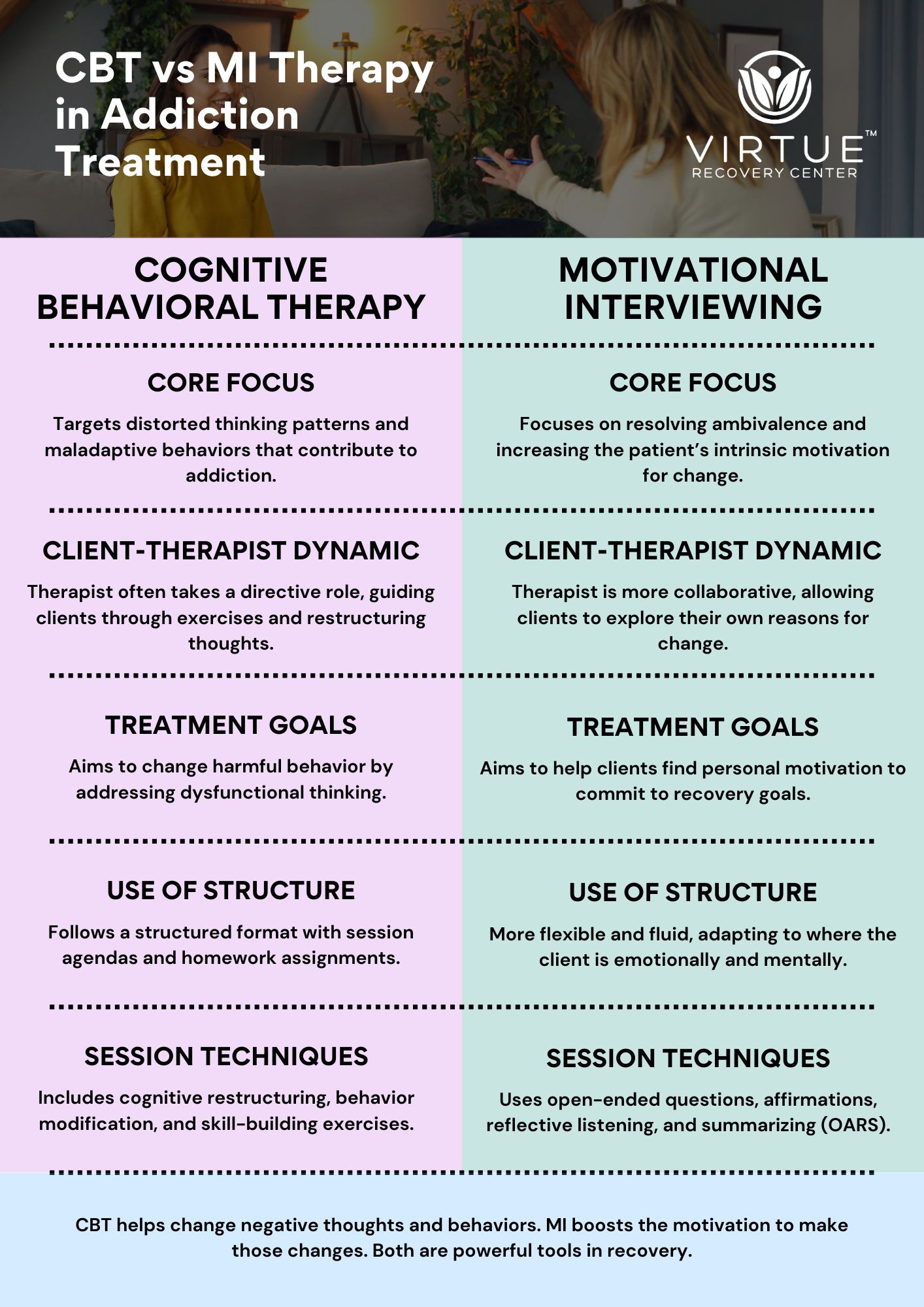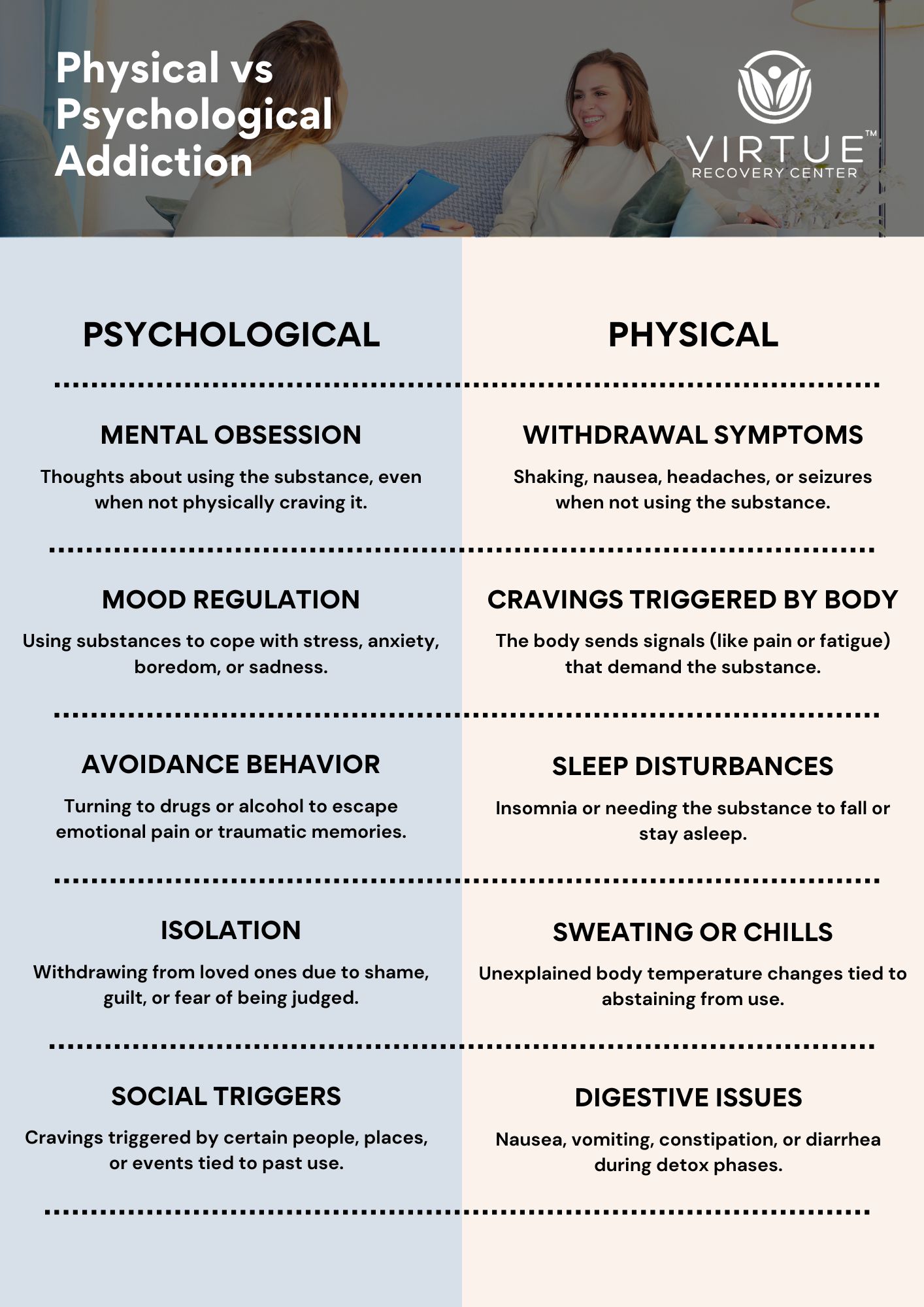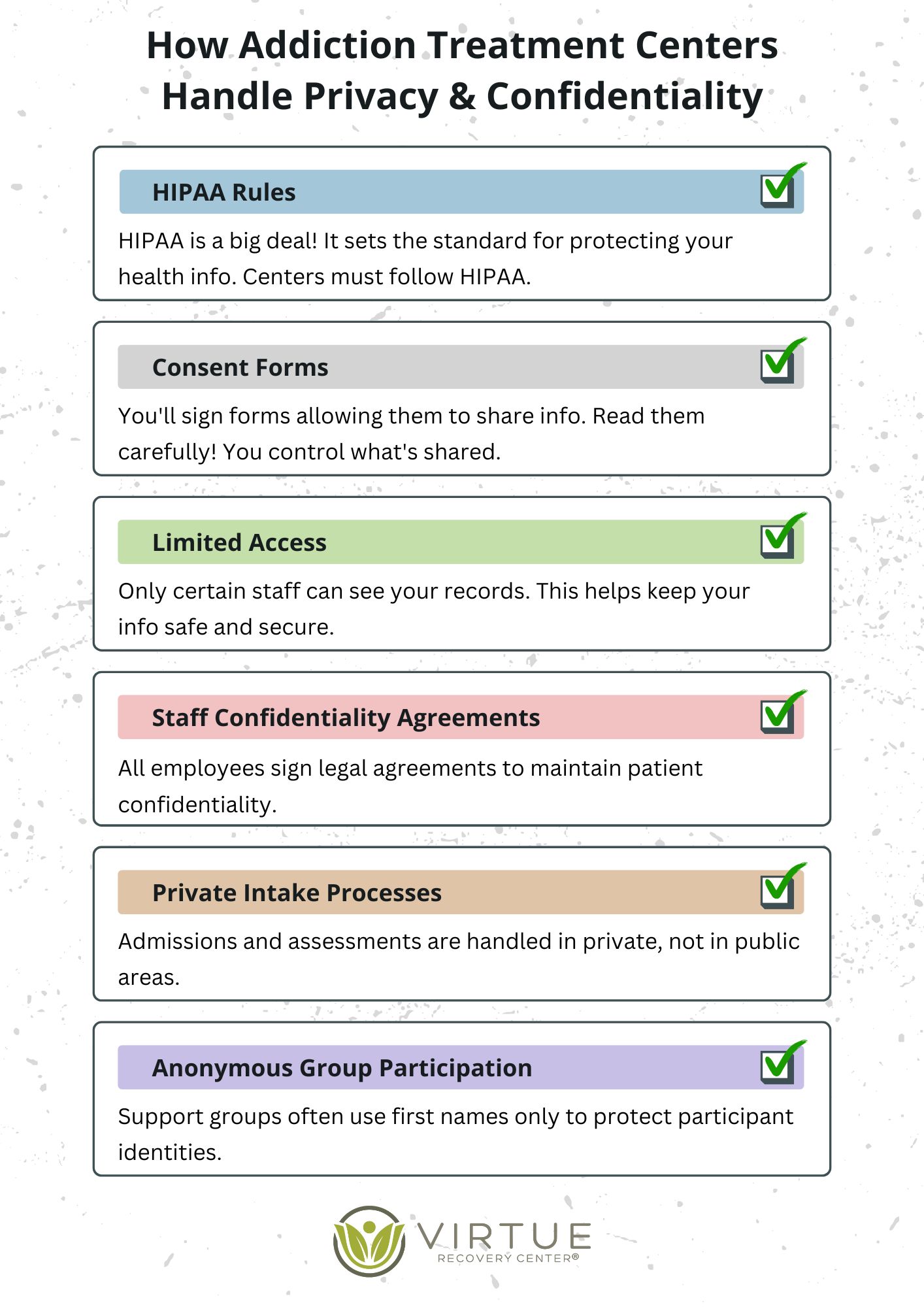Substance Abuse and Addiction Among Firefighters
 Misusing substances, be it alcohol, drugs, or a combination of both, is a common but ineffective coping mechanism often adopted to handle life’s challenges. For firefighters, perpetually exposed to danger, substances might become a way to forget the horrors they’ve witnessed, the scenes of devastation, and the aftermath left behind. However, what may start as casual use can quickly escalate to regular and eventually daily consumption. As the negative consequences pile up due to constant substance use, addiction becomes an unavoidable outcome.
Addiction, according to the American Psychiatric Association (APA), “is a complex condition, a brain disease manifested by compulsive substance use despite harmful consequences.” The APA further states that individuals with severe SUDs can become so fixated on alcohol or drugs that it takes over their lives. Despite being aware of the problem, they find it nearly impossible to quit. Their bodies and minds have been rewired, making them unable to resist intense cravings.
Misusing substances, be it alcohol, drugs, or a combination of both, is a common but ineffective coping mechanism often adopted to handle life’s challenges. For firefighters, perpetually exposed to danger, substances might become a way to forget the horrors they’ve witnessed, the scenes of devastation, and the aftermath left behind. However, what may start as casual use can quickly escalate to regular and eventually daily consumption. As the negative consequences pile up due to constant substance use, addiction becomes an unavoidable outcome.
Addiction, according to the American Psychiatric Association (APA), “is a complex condition, a brain disease manifested by compulsive substance use despite harmful consequences.” The APA further states that individuals with severe SUDs can become so fixated on alcohol or drugs that it takes over their lives. Despite being aware of the problem, they find it nearly impossible to quit. Their bodies and minds have been rewired, making them unable to resist intense cravings.
Co-Occurring Disorders in Firefighters: Understanding Challenges and Seeking Support
The demanding and high-stress nature of firefighting takes a toll on emotional well-being and mental health, leading to the emergence of co-occurring disorders, where substance abuse issues coexist with conditions like anxiety, depression, and PTSD. This dual-diagnosis scenario necessitates targeted, comprehensive treatment, acknowledging the unique challenges faced by firefighters. At Beach House, our continuum of care treatment offers evidence-based therapies tailored for co-occurring disorders, encompassing medication, cognitive-behavioral therapy (CBT), eye movement desensitization and reprocessing (EMDR), mindfulness meditation, yoga, peer support, life skills groups, and family therapy. Post-Traumatic Stress Syndrome (PTSD): PTSD, as defined by the American Psychiatric Association (APA), occurs after a person has experienced or witnessed a traumatic event. Firefighters, constantly exposed to danger, often encounter traumatic incidents, leading to a higher risk of PTSD. Symptoms of PTSD include flashbacks, avoidance of reminders of the event, negative emotions, and hyperarousal, making daily functioning challenging. Anxiety: Firefighters experiencing persistent and intense worry may suffer from anxiety disorders, affecting their daily lives. Symptoms include extreme fear, shortness of breath, racing heartbeat, insomnia, nausea, trembling, and dizziness. Effective treatments like Cognitive-Behavioral Therapy (CBT) can help regain control over thoughts and feelings. Depression: Depression, a serious medical illness, affects one in 15 adults each year. Symptoms include persistent sadness, loss of interest in activities, appetite changes, sleep disturbances, fatigue, feelings of worthlessness, slowed movement, and suicidal thoughts. Psychotherapy, CBT, and antidepressant medication can significantly alleviate these symptoms. Recognizing these disorders and seeking appropriate treatment is essential. Firefighters can experience unique challenges due to their profession, but with targeted support, they can overcome these hurdles and regain control over their lives.Firefighters Eating Disorder Treatment
Firefighters face intense pressure—mentally, emotionally, and physically. The constant demand to perform under extreme conditions can take a serious toll, sometimes manifesting as unhealthy coping mechanisms, including disordered eating. At Virtue Recovery Las Vegas, we understand that eating disorders among first responders are often overlooked or misunderstood. Whether it’s binge eating, restrictive dieting, or purging behaviors, these issues deserve compassionate, expert care.
Our eating disorder treatment program is specifically designed to support firefighters dealing with co-occurring conditions such as trauma, anxiety, depression, and substance use. We provide a safe, judgment-free space where clients can heal physically and emotionally. Treatment includes nutritional counseling, meal planning, cognitive behavioral therapy (CBT), and group support—all guided by a team experienced in working with emergency responders.
If you’re a firefighter struggling in silence with body image, food, or weight issues, you’re not alone—and it’s not your fault. Let us help you reconnect with your body, rebuild a healthier relationship with food, and restore your mental health with dignity and respect.
Luxury Inpatient Treatment Facility
At Virtue Recovery Las Vegas, we know that true healing begins in an environment where you feel safe, supported, and respected. That’s why our facility offers a luxury treatment experience tailored for first responders—because you’ve spent your life taking care of others, and now it’s your turn to be cared for at the highest level.
Our state-of-the-art campus features private rooms with en-suite bathrooms, chef-prepared meals curated by nutritionists, serene lounge areas, and wellness amenities like yoga, massage therapy, and fitness programs. From the moment you arrive, you’ll find a calm, spa-like atmosphere where you can fully focus on your recovery—free from distractions and judgment.
We believe that comfort and dignity are not extras—they’re essential. Whether you’re recovering from addiction, trauma, or an eating disorder, our luxury setting provides the space you need to breathe, reflect, and rebuild. It’s more than a treatment center. It’s a sanctuary for your healing journey.
Inpatient Treatment for Firefighters: 24/7 Support When You Need It Most
For firefighters battling addiction, trauma, or eating disorders, inpatient treatment provides the highest level of care in a structured, supportive environment. At Virtue Recovery Las Vegas, our inpatient program is designed specifically for first responders—offering round-the-clock medical supervision, intensive therapy, and a calm space to heal away from the stressors of daily life.
Here, you’ll receive a personalized treatment plan that may include individual counseling, group therapy with fellow first responders, trauma-informed care, and nutritional support. We address both the physical and emotional aspects of recovery, including co-occurring mental health conditions like PTSD, anxiety, or depression that are common in the fire service.
This immersive program helps you disconnect from high-pressure responsibilities and reconnect with yourself. With private rooms, compassionate staff, and a low client-to-staff ratio, our inpatient setting allows you to focus on your recovery without distractions.
If you’ve spent your career running toward danger, now it’s time to prioritize your own well-being—with the support, structure, and expert care you deserve.
Outpatient Treatment for Firefighters: Flexibility Without Compromising Care
We understand that not every firefighter can step away from life or work responsibilities for inpatient care. That’s why Virtue Recovery Las Vegas offers flexible outpatient treatment options—including Partial Hospitalization Program (PHP) and Intensive Outpatient Program (IOP)—tailored to the unique needs of first responders.
Our outpatient programs deliver the same expert-level care as inpatient treatment but allow you to live at home or in supportive housing while attending therapy sessions during the day or evening. Whether you’re transitioning from residential care or starting with outpatient support, you’ll receive personalized therapy, peer group support, and access to dual diagnosis services to address both addiction and mental health challenges.
Sessions are designed with your demanding schedule in mind, offering structure without sacrificing flexibility. We cover topics like trauma recovery, stress management, nutrition, and relapse prevention—all in a setting that understands the pressures of your profession.
Outpatient treatment helps you stay connected to your recovery while staying rooted in your life. You don’t have to choose between healing and responsibility—at Virtue, you can have both.
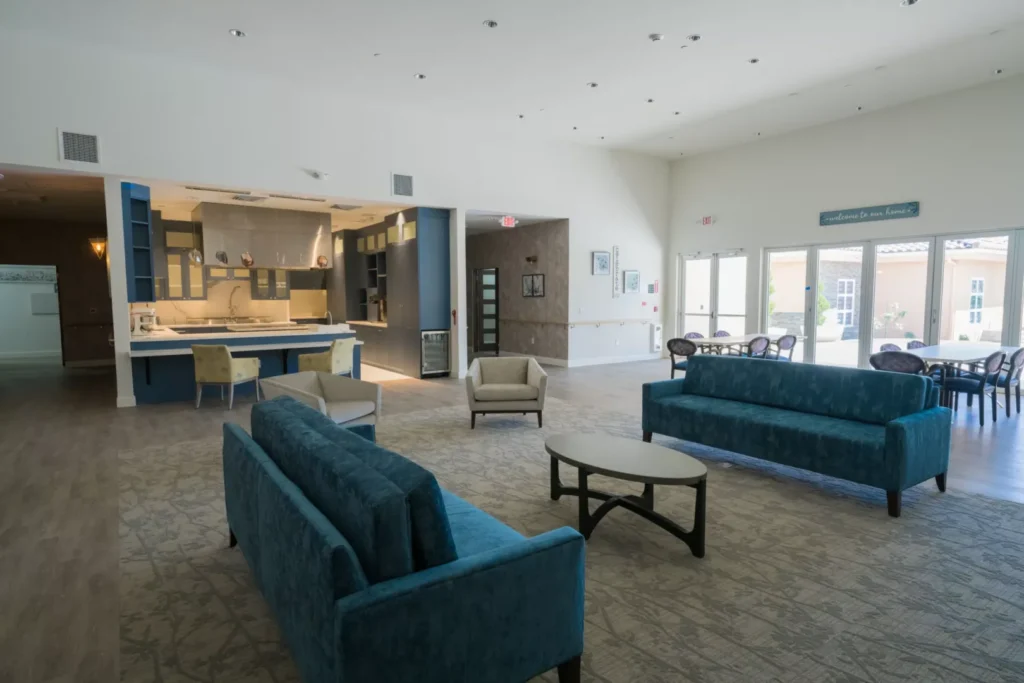
Private Suites Facility
Corbett Facility
Luxurious, private rooms for a serene, personalized recovery experience with utmost privacy.
🏢 Address: 9230 Corbett St, Las Vegas, NV 89149
🕓 Hours: Open 24 hours
Luxury Amenities
Access to high-end amenities, ensuring a comfortable stay while focusing on your health and well-being.
Personalized Care
Benefit from customized treatment plans, with one-on-one therapy sessions tailored to your unique recovery needs.
Privacy and Comfort
Enjoy the solitude of a private room, providing a peaceful environment conducive to healing and reflection.
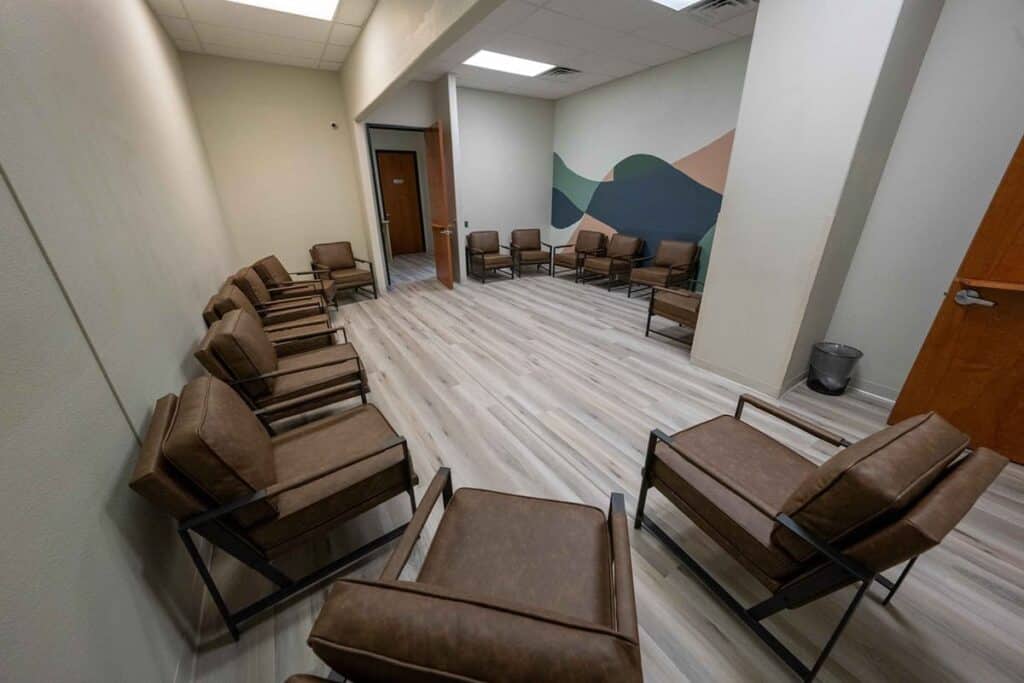
Outpatient Services Center
Montessouri Outpatient
Flexible outpatient care with daily life balance, offering structured therapy and support. Offering IOP, PHP, and aftercare with flexible hours from 8am to 8pm to suit your busy schedule.
🏢 Address: 2585 Montessouri St # 100, Las Vegas, NV 89117
🕓 Hours: Open 8am to 8pm
Flexibility
Tailor treatment to fit your schedule, allowing you to maintain work and family commitments while receiving care.
Community Connection
Stay connected to your support network at home, enhancing your recovery journey with familiar surroundings.
Continued Care
Ideal for transitioning from more intensive treatment, supporting long-term recovery with structured outpatient services.
Start Your Recovery Journey at Virtue Recovery
If you’re a firefighter facing addiction and mental health struggles, you’re not alone—and you don’t have to fight this battle on your own. At Virtue Recovery Las Vegas, we provide dual diagnosis treatment that gets to the root of the problem, helping you understand what’s really driving your pain.
We offer individualized, judgment-free care that focuses on healing the whole person—mind, body, and spirit. From evidence-based therapy to peer support and emotional wellness, everything we do is tailored to support your recovery and help you build a stronger, healthier future.
If you or someone you care about is struggling with addiction and mental health issues, contact us today at 866.520.2861 or complete our brief online form. One of our compassionate intake specialists can help you learn more about our dual diagnosis services.
Firefighters Treatment FAQs
We treat substance use disorders involving alcohol, opioids, meth, cocaine, benzodiazepines, and more. Each plan is personalized for the firefighter’s needs.
Yes, we provide specialized care for firefighters struggling with eating disorders, including binge eating, anorexia, and bulimia, often linked to stress or trauma.
While this program is tailored for firefighters, we also treat EMTs, paramedics, law enforcement, and other first responders in similar support tracks.
We offer both options. Firefighters can choose inpatient, PHP (Partial Hospitalization Program), or IOP (Intensive Outpatient Program), depending on their needs.
Yes. We offer 24/7 medically supervised detox to safely manage withdrawal symptoms from drugs and alcohol.
We provide CBT, DBT, trauma-focused therapy, EMDR, group therapy, and holistic options like mindfulness, yoga, and nutrition education.
Yes, we accept most major PPO insurance plans and can help you verify your benefits.
There are tech-free periods during inpatient treatment to promote focus, but accommodations vary depending on your treatment plan.
Absolutely. Trauma therapy is at the core of our first responder program.
Designated smoking areas may be available. Vaping policies depend on facility guidelines—please ask during intake.
Residential is full-time, 24/7 care. Outpatient allows you to live at home or sober housing while attending scheduled sessions.
Admissions can happen quickly, often within 24–48 hours, depending on availability and clinical assessment.
Firefighter Treatment Glossary
Dual Diagnosis
A treatment approach that addresses both substance use disorders and co-occurring mental health conditions, such as PTSD, depression, or anxiety, at the same time.
PTSD (Post-Traumatic Stress Disorder)
A mental health condition triggered by experiencing or witnessing traumatic events, commonly seen in first responders like firefighters due to the nature of their work.
Trauma-Informed Care
A clinical approach that recognizes and responds to the effects of trauma, ensuring clients feel safe, supported, and empowered during their treatment journey.
Inpatient Treatment
A residential level of care where clients live at the treatment facility and receive 24/7 support, medical supervision, therapy, and structured recovery programs.
Outpatient Treatment
A flexible treatment option that allows clients to live at home while attending therapy sessions and recovery programs during the day or evening.
PHP (Partial Hospitalization Program)
An intensive outpatient program where clients receive full-day treatment and therapy without overnight stays, ideal for those transitioning from inpatient care.
IOP (Intensive Outpatient Program)
A structured therapy program with several weekly sessions, designed for individuals who need ongoing support while maintaining daily responsibilities like work or family.
Detoxification (Detox)
The medical process of clearing the body of addictive substances while managing withdrawal symptoms in a safe and supervised environment.
Relapse Prevention
A core part of treatment focused on identifying triggers, building coping skills, and creating a plan to reduce the risk of returning to substance use.
Holistic Therapy
A treatment approach that incorporates physical, emotional, and spiritual wellness practices—like yoga, meditation, or fitness—to support overall healing.
Cognitive Behavioral Therapy (CBT)
An evidence-based form of therapy that helps individuals identify and change negative thought patterns and behaviors contributing to addiction or mental health issues.
Burnout
A state of physical, emotional, and mental exhaustion caused by prolonged stress—especially common among firefighters and first responders.
Peer Support
A recovery tool where individuals connect with others who’ve faced similar struggles, offering encouragement, accountability, and shared experiences.
First Responder
A professional—such as a firefighter, EMT, or police officer—who is trained to be the first to respond to emergencies, often exposed to high-stress and traumatic situations.
Evidence-Based Treatment
Therapies and interventions backed by scientific research and proven to be effective in treating addiction, mental health disorders, or both.



